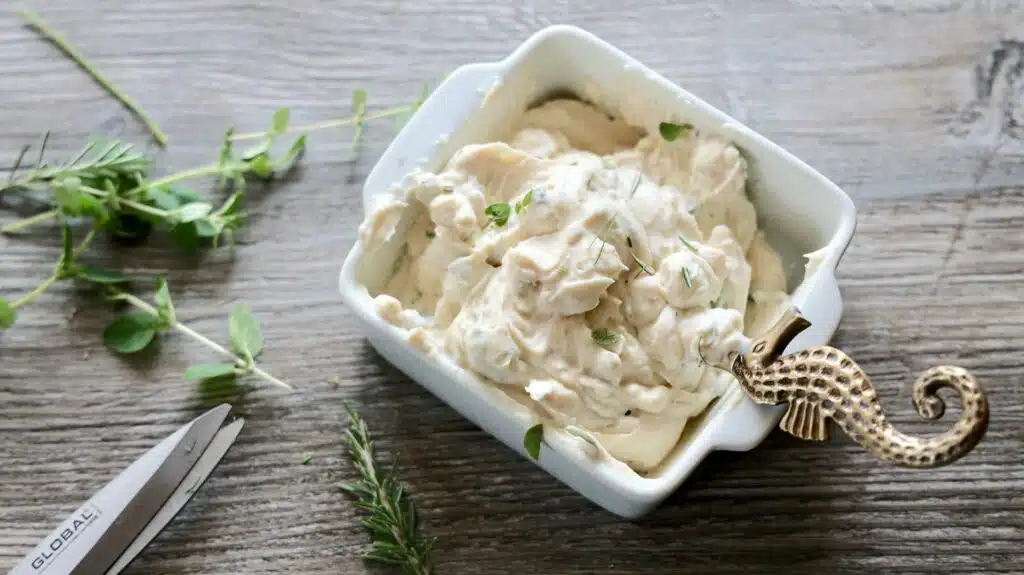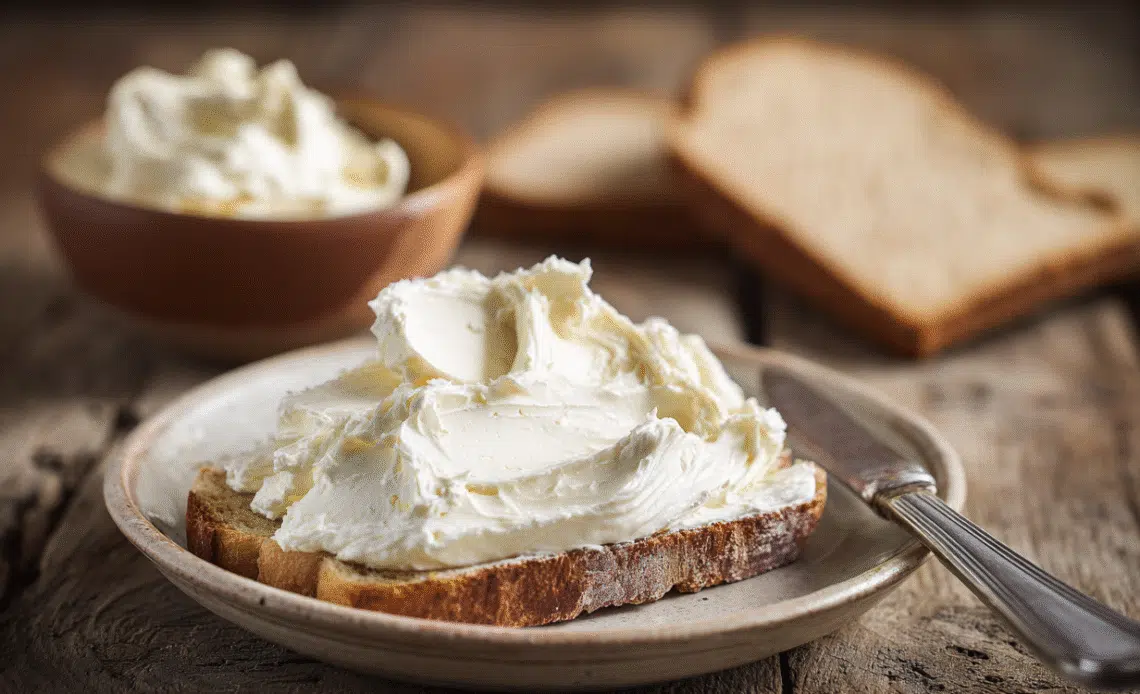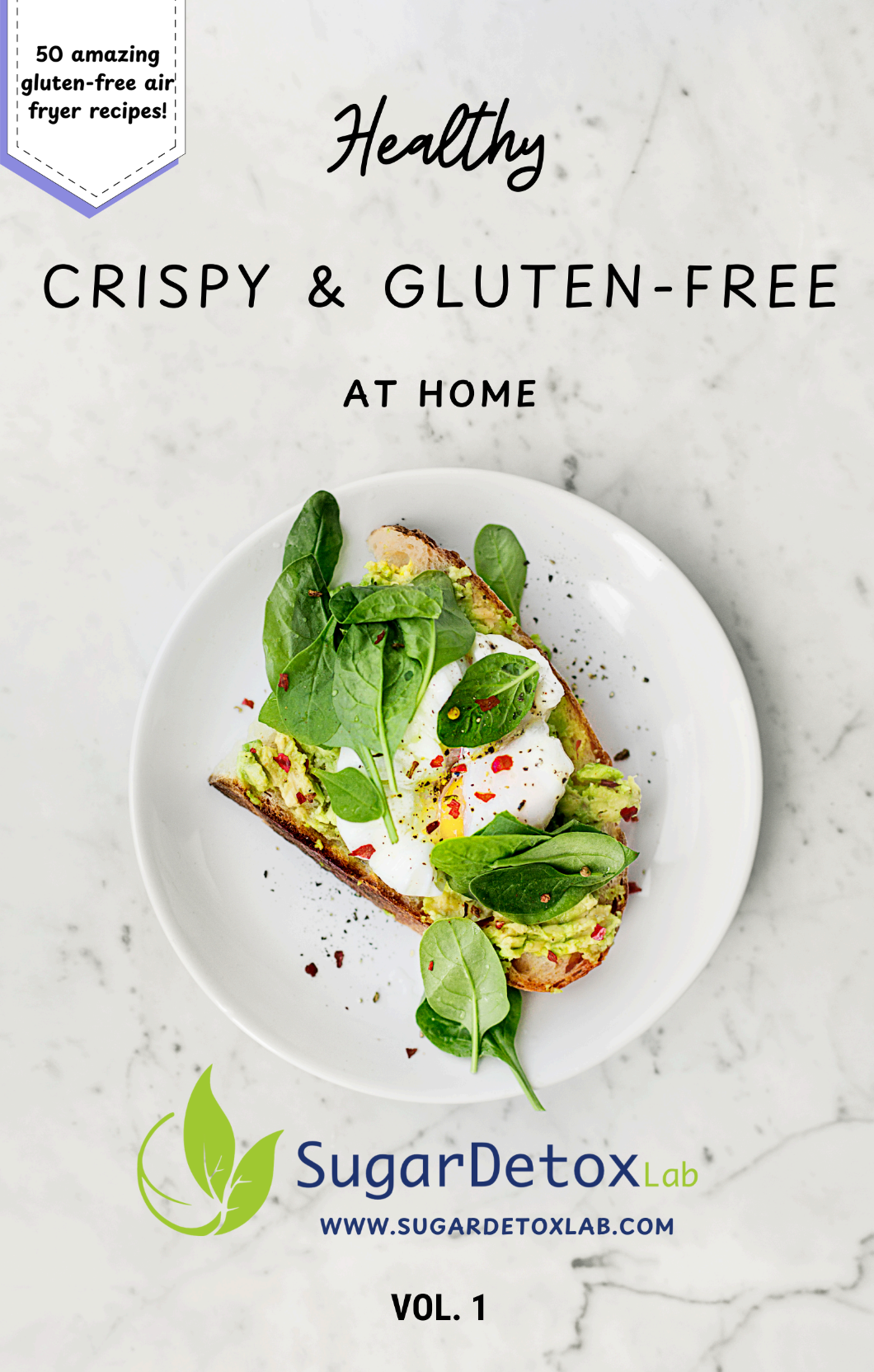Introduction
Cream cheese has always been my passion, so I was naturally skeptical about dairy-free alternatives. Could they ever match the tang, creaminess, and rich flavor of the real thing? That’s the question I asked myself when I first tried vegan cream. To my surprise, it wasn’t just good—it was genuinely delicious, completely changing the way I think about dairy-free spreads.
What Is Vegan Cream Cheese?
Vegan cream cheese is a plant-based alternative made without dairy. Instead of cow’s milk, it uses ingredients such as:
- Cashews or almonds – create a creamy, nutty base.
- Soy or coconut milk – provide richness and texture.
- Tofu – adds protein and thickness.
- Cultures and probiotics – give it that tangy flavor similar to traditional cream cheese.
Why Even Cream Cheese Purists Are Surprised
- Texture that mimics dairy – smooth, spreadable, and silky.
- Flavor balance – tangy but not overpowering.
- Versatility – works in both sweet and savory dishes.
- Healthier ingredients – fewer saturated fats in many plant-based versions.
Nutritional Benefits of Vegan Cream Cheese
While not all vegan products are automatically “healthy,” vegan cream cheese can offer nutritional advantages compared to traditional cream cheese.
Lower in Saturated Fat
- Traditional cream contains high levels of saturated fat.
- Many vegan versions use nuts, seeds, or plant oils with healthier fat profiles.
Dairy-Free and Lactose-Free
- Perfect for people with lactose intolerance or dairy allergies.
- Also a good choice for vegans or those reducing animal products.
Fortified with Nutrients
How Vegan Cream Cheese Compares in Taste and Use
On Bagels
- Traditional cream cheese: tangy, creamy, indulgent.
- Vegan cream cheese: surprisingly similar, with a slightly nutty undertone.
In Baking
- Cheesecakes, muffins, and frostings all work well.
- Some vegan brands hold structure better than others.
In Savory Dishes
- Spreads beautifully on sandwiches and wraps.
- Adds creaminess to dips and pasta sauces without dairy heaviness.
Practical Tips: How to Choose the Best Vegan Cream
- Read the ingredient list – avoid products with too many fillers or hydrogenated oils.
- Look for cultured varieties – fermentation adds authentic tang.
- Start with cashew-based options – they often have the closest texture to dairy.
- Experiment with flavors – plain is versatile, but garlic herb or scallion can elevate your recipes.
- Test it in your favorite recipes – sometimes it tastes even better when cooked or baked.

Step-by-Step: Making Vegan Cream at Home
If you want full control over flavor and quality, try making your own. Here’s a simple method:
Ingredients:
- 1 cup raw cashews (soaked overnight)
- 2 tbsp lemon juice
- 2 tbsp nutritional yeast
- 2 tbsp coconut cream
- ½ tsp salt
- Optional: garlic, herbs, or chives
Steps:
- Drain and rinse cashews.
- Blend all ingredients in a high-speed blender until smooth.
- Adjust seasoning to taste.
- Chill for at least 2 hours before serving.
This homemade version is fresh, creamy, and customizable.
Creative Ways to Use Vegan Cream
Here are some fun and delicious ideas:
- Bagel spread with smoked carrot “lox.”
- Creamy pasta sauce with garlic and spinach.
- Dairy-free cheesecake topped with fresh berries.
- Frosting for cupcakes or carrot cake.
- Stuffed celery sticks for a healthy snack.
- Savory dip mixed with herbs and spices.
FAQ: Vegan Cream Cheese
1. Is vegan cream cheese healthier than regular cream?
It depends on the brand. Many vegan versions are lower in saturated fat and cholesterol-free, making them a heart-friendly option.
2. Does vegan cream cheese taste like real cream cheese?
Yes, many brands come very close in flavor and texture, especially those made with cashews or that use fermentation for tang.
3. Can I use vegan cream in baking?
Absolutely! It works well in cheesecakes, frosting, and savory bakes. Just check the label to make sure it’s formulated for baking.
4. What is vegan cream cheese made from?
Common bases include cashews, almonds, soy, coconut milk, or tofu, often blended with cultures and seasonings.
5. Is vegan cream cheese safe for people with nut allergies?
Not always. Some brands are nut-based, so it’s important to check allergen labels carefully.
6. How do I store vegan cream?
Keep it refrigerated, and once opened, consume within 7–10 days for the best freshness.
Conclusion
As a snob for cream cheese, I was fully prepared to dislike vegan alternatives—but instead, I discovered a delicious, versatile, and healthier option that even rivals traditional dairy. Whether you’re lactose-intolerant, vegan, or simply curious, trying it can be a game-changer in your kitchen.






